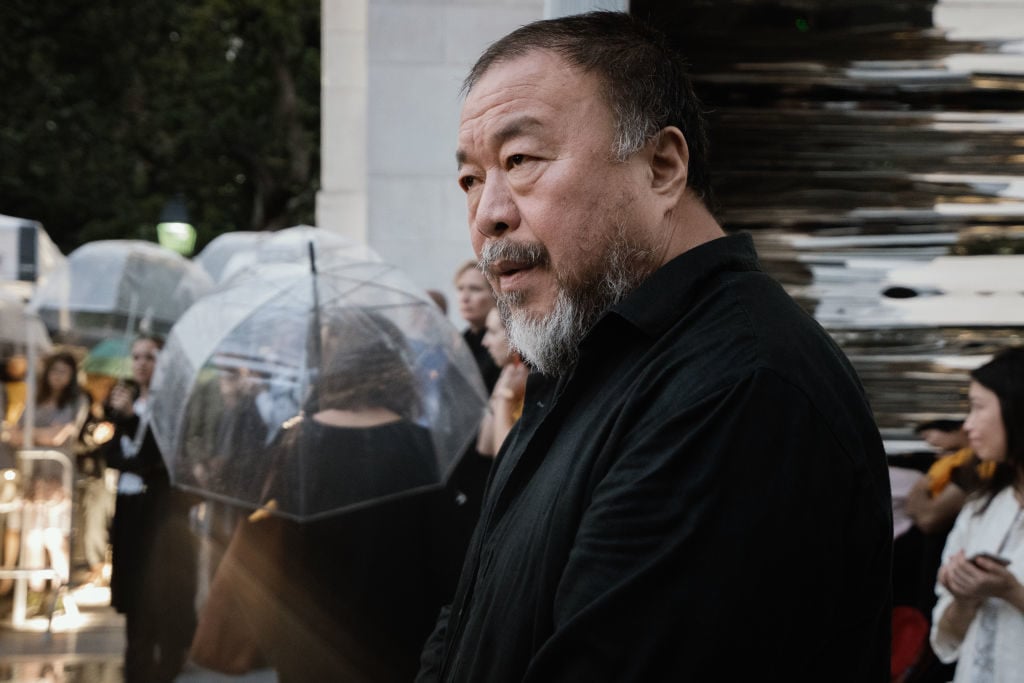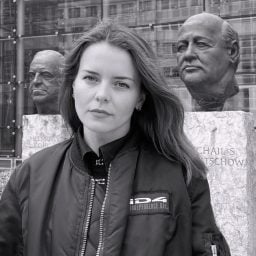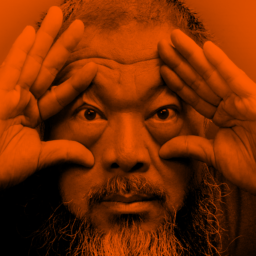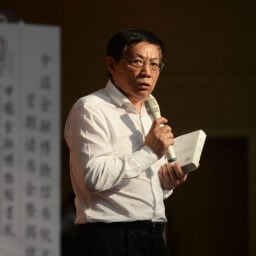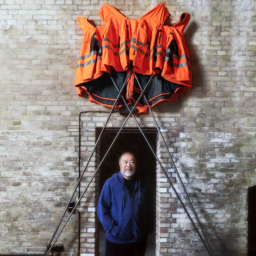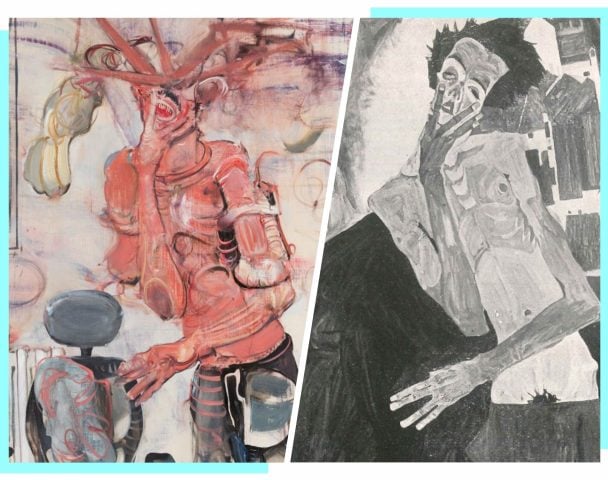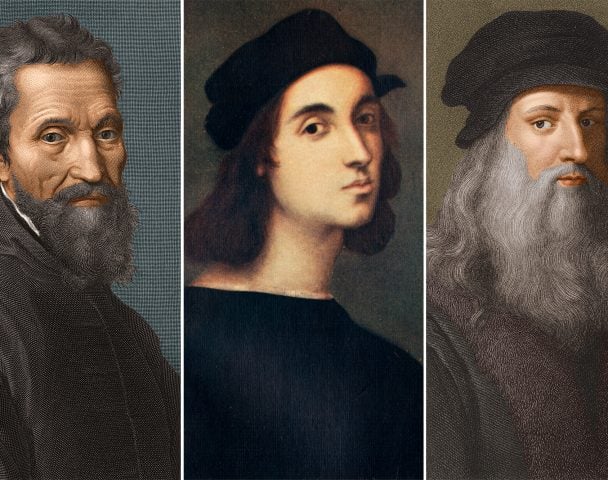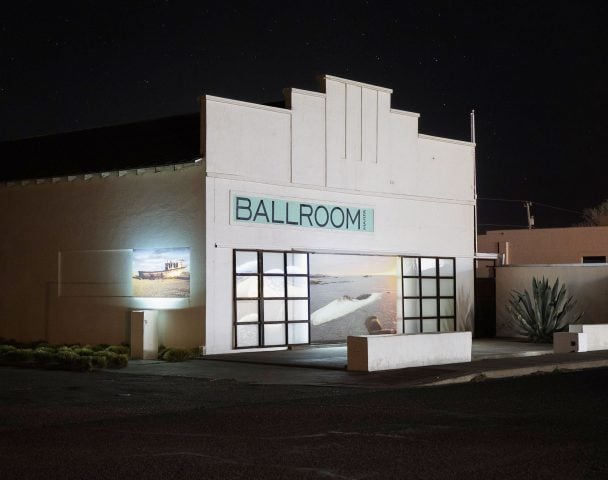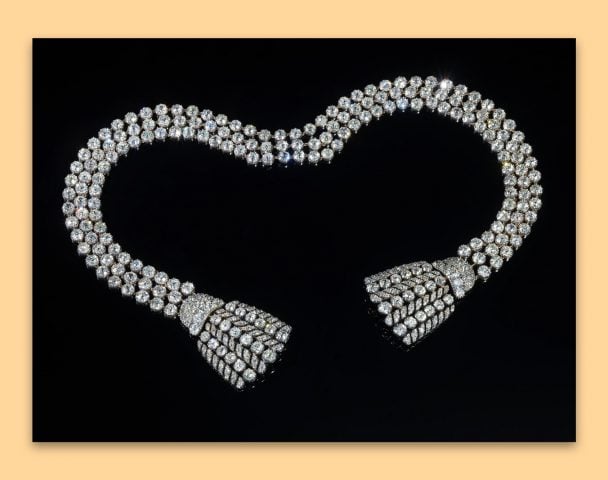The activist artist Ai Weiwei has accused international museums that work in China of turning a blind eye to the country’s authoritarian government.
Speaking as pro-democracy campaigners in Hong Kong defied a ban on anti-government protests, and after police fired tear gas and used water canons on demonstrators this past weekend, Ai mocked Western institutions for their silence on the crackdown, and self-censorship.
“Western museums expanding in China is a joke,” the Chinese-born, Berlin-based artist told artnet News. “China is an authoritarian state under heavy censorship. By choosing to expand into China, you have chosen to obey these dictates; you are willing to be censored.”
Several major institutions have formed partnerships as well as organized major loan exhibitions on the mainland and in Hong Kong in the past decade. These include London’s Tate, Victoria & Albert Museum, and British Museum as well as the Center Pompidou in Paris.
“Partnering with Chinese museums while being involved with issues at the forefront of contemporary culture is laughable,” Ai said, referring to human rights, freedom of speech, and democratic values.
Last week, three prominent anti-government leaders were detained by Hong Kong authorities who had hoped to block a large-scale protest planned for Saturday. Joshua Wong, secretary general of the activist group Demosisto, was reportedly arrested on Friday morning, and group member Agnes Chow was taken into custody shortly after. Andy Chan Ho-tin, the leader of a banned separatist political party, was arrested the night before while boarding a flight out of Hong Kong.
“Western institutions that are not standing up and protecting essential values, such as freedom of speech and human rights, are further evidence of the moral bankruptcy in our society,” Ai said. “Protecting democratic values should not be a choice for Western institutions to make but a duty that they are bound to uphold, otherwise it is all simply a charade.”
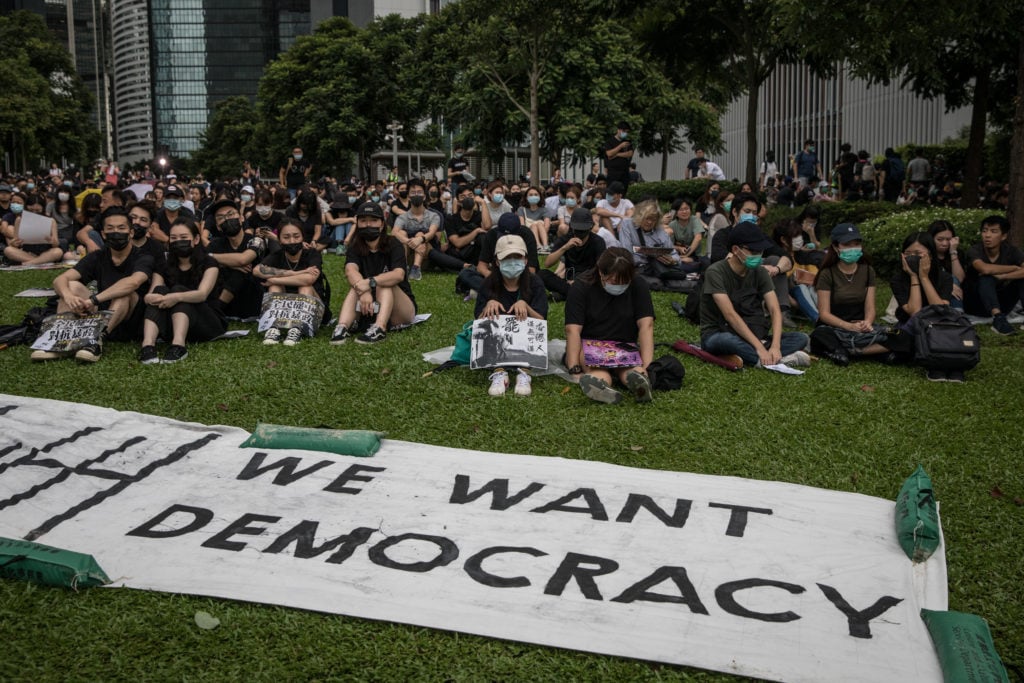
Protesters take part in a school boycott rally at Tamer Park in Hong Kong, on September 2, 2019. Photo by Chris McGrath/Getty Images.
Business As Usual?
For months, millions of Hong Kong residents have taken to the streets to protest a controversial extradition bill that would make it more difficult for Chinese dissidents to seek protections in the semi-autonomous city. Since then, the movement has expanded while Beijing’s rhetoric has become increasingly inflammatory. Chinese officials have called the protest “political terror.”
Recently, protesters have also rallied against police brutality after authorities struck a woman in the eye with a beanbag during a march in the district of Kowloon.
Over the weekend, tensions continued to rise. Some protesters lit petrol bombs and fires while police were recorded beating protesters with batons. On Sunday, a Chinese state-run news agency sent an unequivocal message: “The end is coming for those attempting to disrupt Hong Kong and antagonize China.”
“From the very beginning, I have been saying that China will not hesitate to use its military force if the situation becomes untenable,” said Ai, whose assistants have been documenting the protests since they began.
“This has already been demonstrated in 1989 when tanks were sent in to crush the non-violent student protests,” he added. “When there is no other way that they can solve the issue, at a certain point they will do it. After 1989, the Chinese state faced no serious repercussions for their actions when the West failed to enact sanctions.”
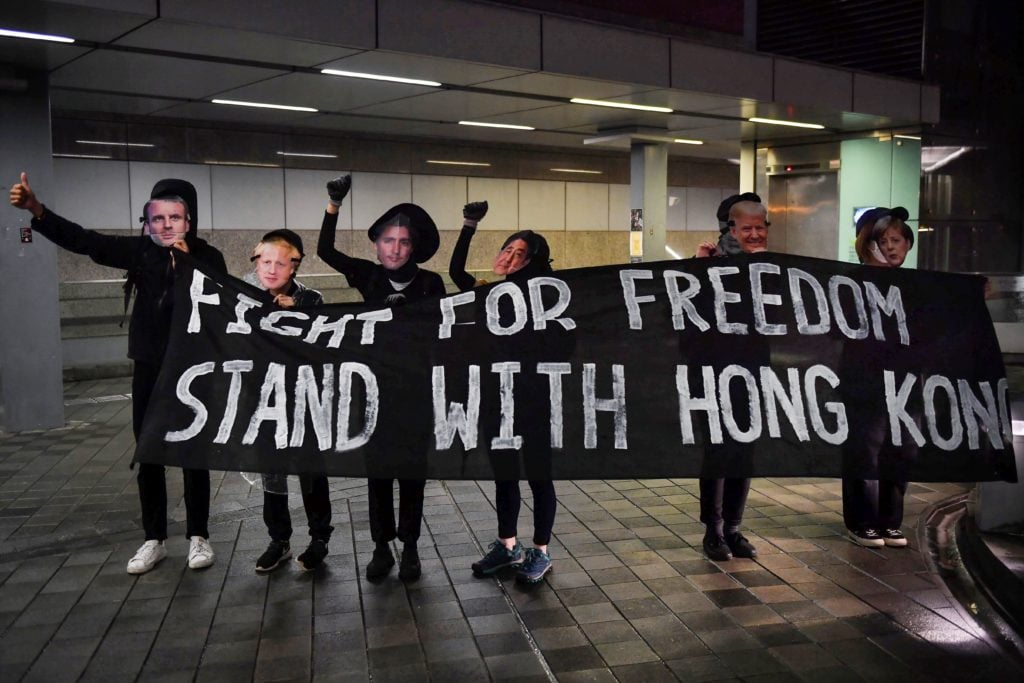
Protesters wearing masks of (left to right) French President Emmanuel Macron, British Prime Minister Boris Johnson, Canadian Prime Minister Justin Trudeau, Japan’s Prime Minister Shinzo Abe, US President Donald Trump and German Chancellor Angela Merkel urge them to support the Hong Kong pro-democracy campaign, September 2, 2019. Photo: Lillian Suwanrumpha/AFP/Getty Images.
International Institutions Move In
Western Museums have been jumping at opportunities to work in mainland China and Hong Kong in recent years.
The Tate recently announced that it had agreed a partnership that will see works from its collection travel to the new Pudong Museum of Art in Shanghai. The Centre Pompidou’s long-held ambition to gain a foothold in the city looks likely to succeed in the near future.
The British Museum, meanwhile, has organized several loan exhibitions in China and partnered with Chinese conglomerate Alibaba since 2016. (A pop-up shop in Beijing sold out of British Museum souvenirs last year.)
artnet News has also learned that London’s National Gallery has been in discussion with a Chinese partner to open shops selling museum-branded merchandise in the mainland.
The V&A Museum was the first UK museum with a branded gallery in mainland China, a 1.3 billion renminbi ($200 million) collaboration with the company China Merchants Shekou. Called Design Society, the V&A-approved gallery opened in Shenzhen in 2017.
In a show of strength designed to intimidate the Hong Kong protesters, Chinese state media recently broadcast dramatic footage of armored personnel carriers driving to the border in Shenzhen. Last week, more footage of soldiers at the border was shared online, though authorities have described it as “a normal annual rotation of its garrison in the city.”
artnet News reached out to the European institutions asking if issues surrounding freedom of speech where considered in the lead up to their their respective expansions. A Tate spokesperson said: “Tate’s commitment to freedom of creative expression throughout the world will underpin this relationship.”
The Centre Pompidou declined to comment on the matter, and the V&A only confirmed that it no longer has staff on secondment in Shenzhen. (However, the V&A’s director, Tristram Hunt, referred to the Hong Kong demonstrations in a comment piece for the Evening Standard about the legacy of the 1819 Peterloo Massacre in Manchester.)
A National Gallery spokesperson confirmed that its trustees had backed its business partnership with China. “The National Gallery Company has been working with a licensing partner in China for more than two years, undertaking a number of projects,” she confirmed.
Speaking about his support of the Hong Kong protesters, Ai said: “Once you identify yourself with the values embraced by the youth of Hong Kong, you are more concerned with the safety of those young people. You are concerned with how their values can be faithfully and truthfully documented because you share the same values. If we stick together, we might just win. If we do not defend those values, we don’t even need museums or art.”
Javier Pes contributed reporting.
